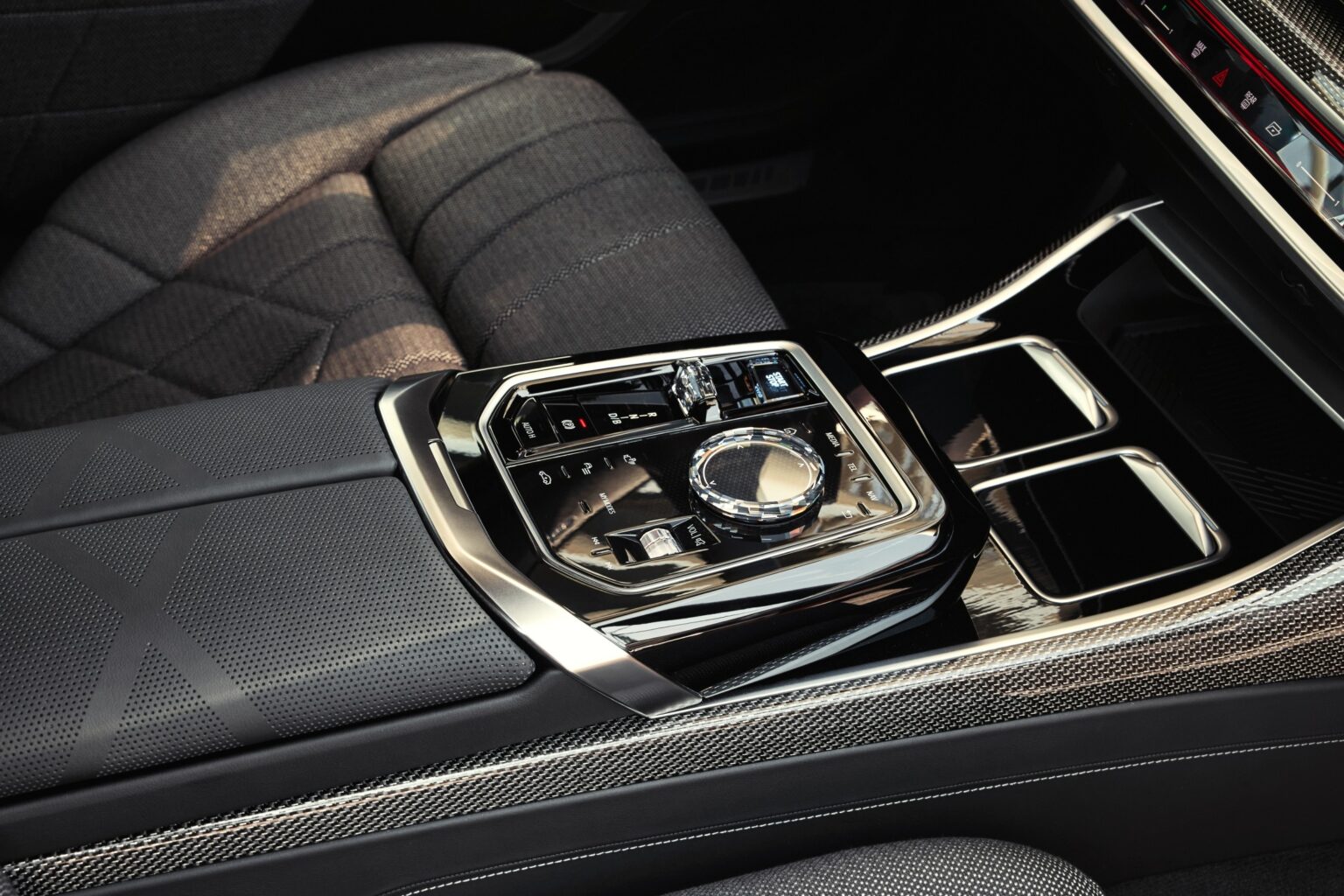In the ever-evolving landscape of the South African automotive market, a significant shift is underway. Recent research conducted on two of the country’s largest used car platforms, Cars.co.za and Auto Trader, reveals a telling trend: the prevalence of automatic vehicles over their manual counterparts. With 40,123 automatic cars listed on Cars.co.za compared to 31,769 manual cars, and 45,831 automatic versus 30,798 manual cars on Auto Trader, it’s clear that automatic vehicles are gaining a stronghold in the South African market. This trend raises a crucial question: Why is there an increasing preference for automatic cars among both manufacturers and consumers in South Africa?
The Rise of Automatic Cars: A Global Trend with Local Implications
Globally, the automotive industry has witnessed a shift towards automatic transmission vehicles. This trend is influenced by several factors that resonate with the South African market:
1. Ease of Use and Comfort
Automatic cars are often favored for their ease of use, especially in urban settings characterized by frequent stop-start traffic. The absence of a clutch pedal and the need to change gears manually makes automatic cars a convenient option for many drivers, particularly those who are not car enthusiasts.
2. Technological Advancements
Modern automatic transmissions are not only more reliable but also offer better fuel efficiency compared to older models. This efficiency, once a stronghold of manual transmissions, is appealing to the cost-conscious South African consumer.
3. Growing Middle Class
South Africa’s growing middle class is seeking cars that offer comfort and convenience, qualities that are often associated with automatic vehicles.
The Decline of Manual Cars: A Question of Demand and Supply
As automatic cars rise in popularity, the demand for manual vehicles has seen a relative decline. This shift in consumer preference impacts manufacturers’ decisions, leading to an increased production of automatic vehicles. The reasons for the decline in manual cars include:
1. Perceived Complexity
For new drivers or those not passionate about cars, manual transmissions can be intimidating due to the perceived complexity of operating a clutch and shifting gears.
2. Market Availability
As more consumers opt for automatic cars, manufacturers are responding by focusing on the production of these models. This response, in turn, influences the used car market, where a higher number of automatic vehicles are now available.
3. Maintenance and Longevity
While it’s often argued that manual cars are cheaper to maintain and repair due to their simpler mechanism, automatic cars have made significant strides in reliability and longevity. This progress, coupled with the convenience they offer, makes them an attractive choice for the average consumer.
Contrasts Between Automatic and Manual Cars: Maintenance and More
When it comes to maintenance, both types of transmissions have their pros and cons:
- Automatic Cars: Modern automatic transmissions are designed for longevity but can be more expensive to repair if issues arise. However, their ease of use often leads to less wear and tear in everyday driving scenarios.
- Manual Cars: Typically cheaper to repair, manual transmissions may require more frequent maintenance due to the mechanical nature of the clutch and gear system.
Conclusion: A Market Shift Favoring Convenience
The shift towards automatic cars in South Africa’s used car market reflects a global trend towards vehicles that offer convenience, ease of use, and advanced technology. While manual cars still have their place, particularly among car enthusiasts and in segments of the market where cost is a critical factor, the preference for automatic cars is a clear indication of changing consumer behavior and priorities. As the automotive world continues to evolve, it’s likely that this trend will not only persist but accelerate, marking a new era in the South African automotive landscape.











